News and features
Read the latest news and features about our world-leading research, discoveries, fundraising and philanthropy. If you want to keep updated on our news, you can follow us on social media or sign up for our Search newsletter.
If you’re a journalist and want to find out more, you can contact our media relations team.
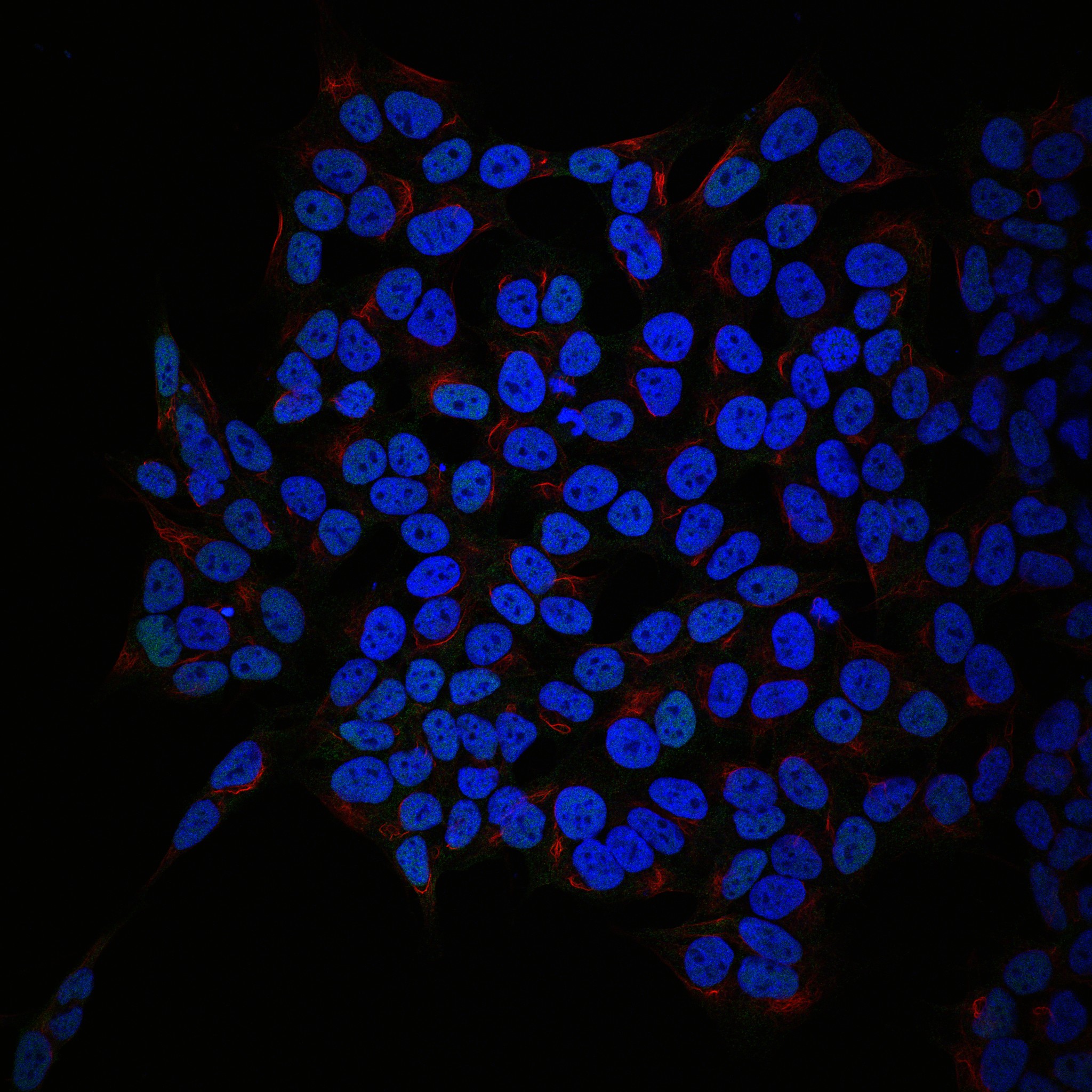
New research reveals how subtle genetic differences shape neuroblastoma behaviour
Researchers have shown that subtle mutational differences in a gene called ATRX help explain why children with the same type of neuroblastoma respond differently to treatment. These findings could support precise therapy recommendations based on a stronger understanding of the disease’s underlying biology.

New study shows promise for more reliable imaging of an important tumour characteristic
A team of scientists at The Institute of Cancer Research, London, has developed a repeatable three-dimensional (3D) imaging technique that could transform preclinical cancer studies.

ICR appoints global business leader as new Trustee
Dr Michelle Harrison – an international business leader with three decades of experience advising clients in global public policy, public affairs and brand building – has joined the Board of Trustees of The Institute of Cancer Research, London.
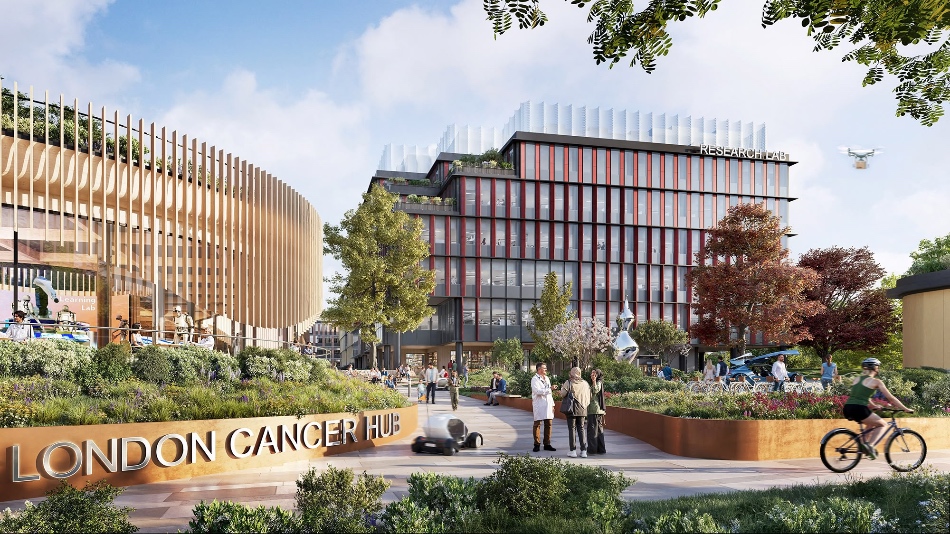
ICR welcomes approval of plans for major life-sciences district The London Cancer Hub
The Institute of Cancer Research (ICR) has welcomed the approval of ambitious new plans to create a home for oncology and life-sciences companies in Sutton, south London.
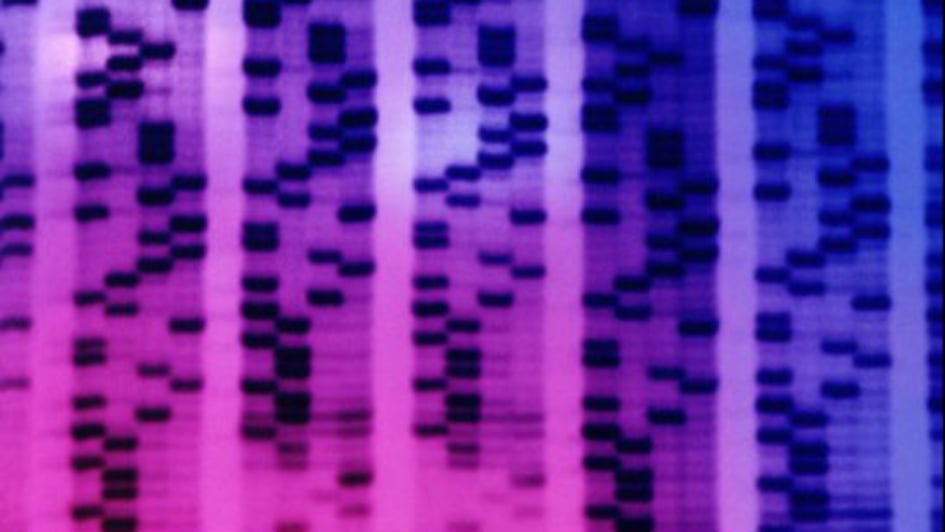
New structural insights reveal how key DNA repair enzymes are recruited and controlled
Researchers have uncovered how a key DNA repair enzyme is recruited and activated inside cells, answering long-standing questions about how cells protect and repair their DNA and providing the structural groundwork that could support the refinement of existing cancer therapies.

ICR responds to the Government’s National Cancer Plan
The Government has today published the National Cancer Plan, setting out a 10-year strategy to improve cancer outcomes in England through new targets and measures to accelerate diagnosis and treatment.

New strategy targets “undruggable” protein in T-cell leukaemia, triggering cancer cell death
Scientists have unveiled a ground-breaking approach to tackling one of cancer biology’s most elusive targets: the protein LMO2, a key driver of T-cell acute lymphoblastic leukaemia (T-ALL).

ICR-led project awarded major funding to improve safety, transparency and public confidence around AI tools used in healthcare
The Institute of Cancer Research, London, is the joint recipient of a major new Medical Research Council (MRC) grant to advance how sensitive medical imaging data can be used for research.

Study sets out clear recommendations for patient-reported outcomes in early cancer drug trials
New research presents clear guidelines on how patient-reported outcomes (PROs) can be used more effectively in early-stage cancer drug trials, helping ensure that patient experiences meaningfully informed treatment decisions around dosing.
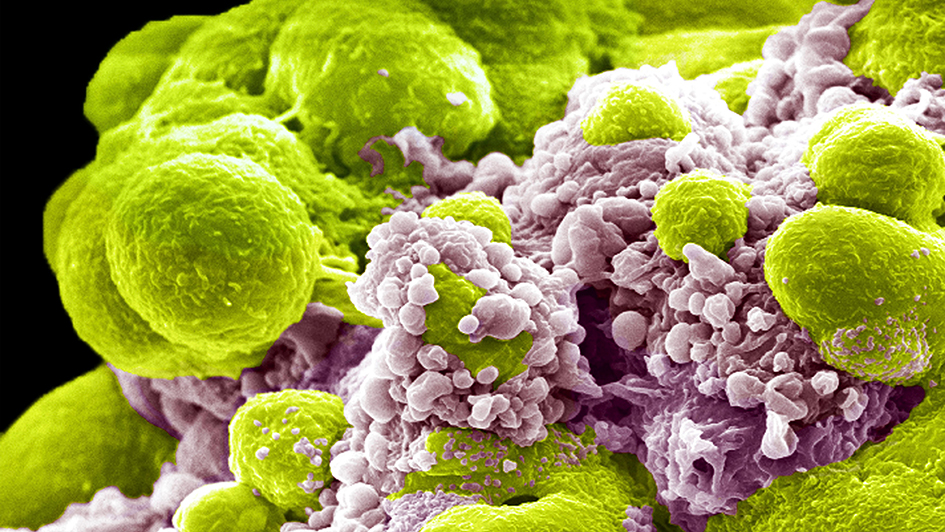
ICR welcomes NICE recommendation of talazoparib for advanced prostate cancer
The Institute of Cancer Research, London, welcomes the decision by the National Institute for Health and Care Excellence (NICE) to recommend the targeted drug talazoparib (trade name Talzenna), in combination with enzalutamide, for adults with prostate cancer that has spread.
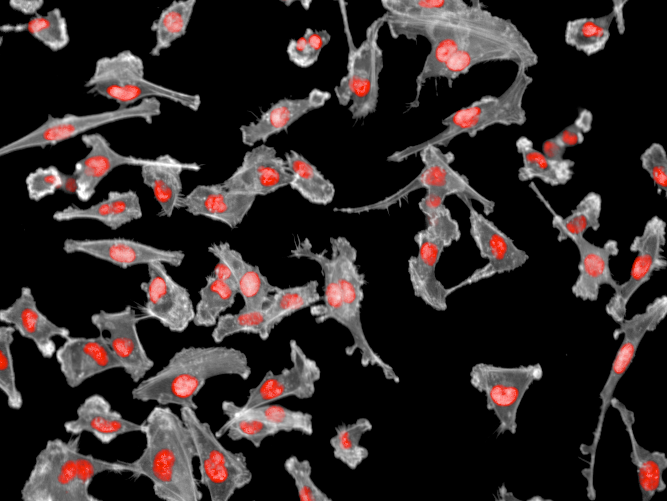
Breast cancer blood test can predict treatment response
A blood test can predict how well patients with advanced breast cancer will respond to targeted therapies – before treatment begins, according to new research.

The ICR welcomes NHS decision to grant lifesaving prostate cancer drug to men in England
The Institute of Cancer Research, London, has welcomed the announcement that the lifesaving drug abiraterone has been approved for use on the NHS for men in England with prostate cancer that has a high risk of spreading.
